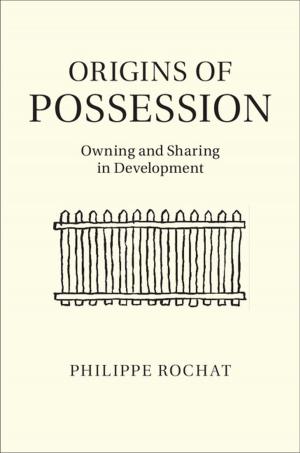| Author: | Richard Duncan-Jones | ISBN: | 9781316714782 |
| Publisher: | Cambridge University Press | Publication: | August 24, 2016 |
| Imprint: | Cambridge University Press | Language: | English |
| Author: | Richard Duncan-Jones |
| ISBN: | 9781316714782 |
| Publisher: | Cambridge University Press |
| Publication: | August 24, 2016 |
| Imprint: | Cambridge University Press |
| Language: | English |
How far were appointments in the Roman Empire based on merit? Did experience matter? What difference did social rank make? This innovative study of the Principate examines the career outcomes of senators and knights by social category. Contrasting patterns emerge from a new database of senatorial careers. Although the highest appointments could reflect experience, a clear preference for the more aristocratic senators is also seen. Bias is visible even in the major army commands and in the most senior civilian posts nominally filled by ballot. In equestrian appointments, successes by the less experienced again suggest the power of social advantage. Senatorial recruitment gradually opened up to include many provincials but Italians still kept their hold on the higher social groupings. The book also considers the senatorial career more widely, while a final section examines slave careers and the phenomenon of voluntary slavery.
How far were appointments in the Roman Empire based on merit? Did experience matter? What difference did social rank make? This innovative study of the Principate examines the career outcomes of senators and knights by social category. Contrasting patterns emerge from a new database of senatorial careers. Although the highest appointments could reflect experience, a clear preference for the more aristocratic senators is also seen. Bias is visible even in the major army commands and in the most senior civilian posts nominally filled by ballot. In equestrian appointments, successes by the less experienced again suggest the power of social advantage. Senatorial recruitment gradually opened up to include many provincials but Italians still kept their hold on the higher social groupings. The book also considers the senatorial career more widely, while a final section examines slave careers and the phenomenon of voluntary slavery.















